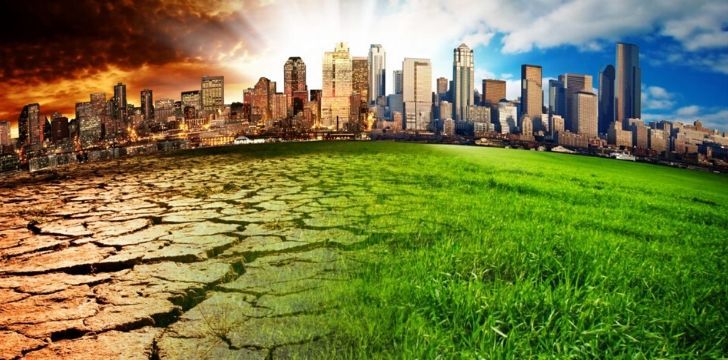Unless you’ve been living under a rock, you will probably have heard of climate change.
Commonly confused with global warming, climate change is the change in the average weather patterns over a very long time.
These changes also affect the surface of the Earth including landmasses, oceans, and ice.
It’s safe to say that climate change is a very, very big problem, yet so many of Earth’s citizens know so little about it.
In light of this, it’s important to stay informed on the issues and do what we can to help prevent it.
Let’s take a look at some of the biggest myths and the most important facts in an easy-to-break-down fashion, whether it’s for yourself or to share with your conservative uncle at Christmas.
Climate change isn’t real.
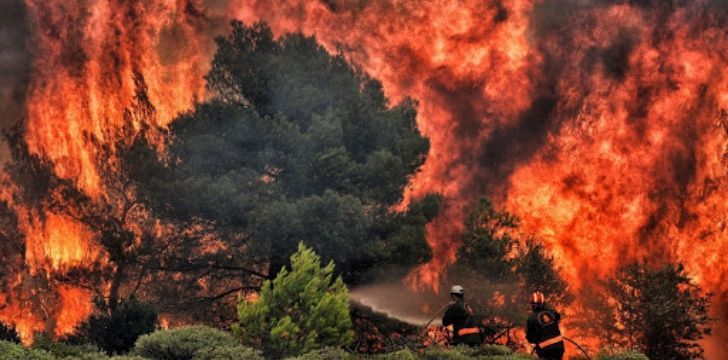
As much as we might try and wish it away, climate change is here to stay until we do something about it.
The globe is warming, and the climate is changing at unprecedented rates as per observations since the 1950s.
As of 2016, the hottest decade recorded was between 2006 & 2016.
The Earth is currently in one of the largest changes of climate in its history, and the globe is warming at a rate that is 10 times faster than ever recorded.
The climate has always changed, this is nothing new.
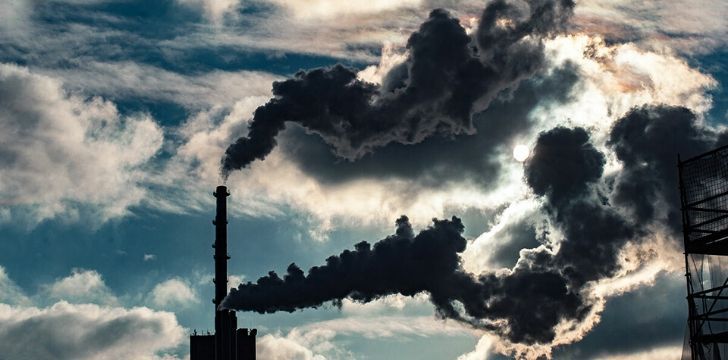
The Earth’s climate has changed a lot over the last 4.5 billion years, and change is nothing new to us.
While this may be true, these changes have always occurred over such extremely lengthy periods of time.
The changes which would normally occur over millions of years are now happening at a much more rapid rate over decades.
While climate change may not be something new, man-made climate change is.
Referred to as climate change, these changes have been increasing at a disturbingly rapid rate since the beginning of the industrial revolution, when we started spewing out never before seen amounts of carbon dioxide into the atmosphere.
We can simply adapt to climate change – We’ve evolved before!

While it is true that the Earth’s species can adapt to extreme change, it’s unfortunately not a rapid procedure.
We’re not about to grow gills and the ability to withstand extreme weather within the next 50 years, I’m sad to say.
The changes that can happen via evolution normally take place over millennia, not decades.
The harsh reality here is that instead of species adapting to the changing environment, we’re in the middle of one of the largest mass extinctions in all of human history.
Climate change is just a conspiracy, and climate scientists are only in it for the cash.
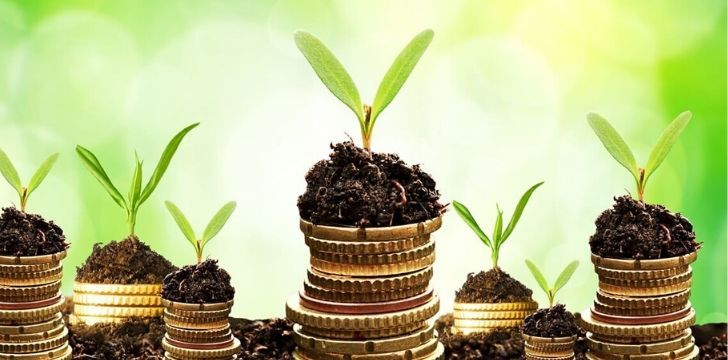
Many climate change deniers will hold by this until the day they die, unfortunately. As far as conspiracies go, it’s a pretty big one; I’ve got to give them that.
In 2018, shortly after the second part of the National Climate Assessment came out, a former Senator of the US claimed that climate scientists “are driven by the money that they receive”.
For this conspiracy to be true, it would require tens of thousands of scientists across the globe to be paid off.
The unfortunate reality here is that most scientists that work in fields related to climate change could earn the same, or even much more if they were to work elsewhere.
Renewable energy is weather-dependent and less reliable than fossil fuels.
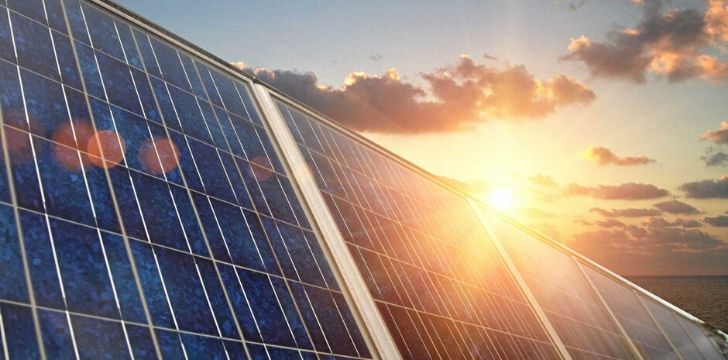
Sources of renewable energy such as solar and wind farms are quite commonly claimed by climate change deniers to be unreliable, and thus not a real alternative to fossil fuels.
While it is true that on a windless day wind farms produce no power, this isn’t how a wind farm optimally functions.
The same is true of a solar farm on a cloudy day.
Renewable sources of energy such as these are never used in isolation.
Generally, a variety of sources are used to ensure an optimal amount of energy is produced at all times so that the electricity grid is stable.
Additionally, there are various technologies that can harness this energy and store it, so that it can be used during less optimal weather conditions.
The technology isn’t perfect, but it’s far better than destroying our planet.
Building wind turbines uses more energy than it can produce.
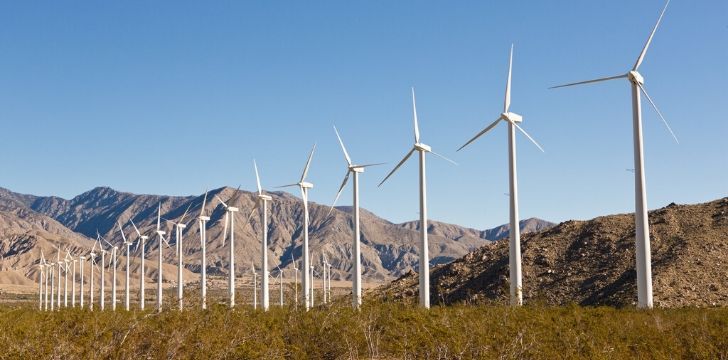
Another claim from climate change critics is that it takes far more energy to build renewable sources such as wind turbines than they can produce in their operable lifetimes.
This is a completely unsubstantiated claim, as it actually only takes approximately 3-6 months for a wind turbine to “pay back” the amount of energy used to build it.
According to a review published in 2010 wind turbines actually produce on average 20-25 times the amount of energy required to build them.
The data set used for this review was taken from 119 turbines across 50 sites across the world over a period of 30 years.
It’s still cold, so climate change must be a hoax.
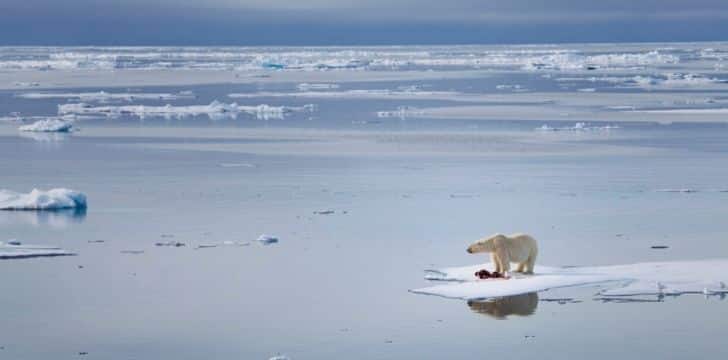
Donald Trump, the 45th president of the USA and a known climate change denier tweeted “brutal and extended cold blast could shatter ALL RECORDS – Whatever happened to global warming?”
As scientifically inaccurate as this claim is, unfortunately, it’s a common arrow in the quiver of climate change disbelievers.
As we’ve previously gone over, climate change affects weather in a wide variety of ways.
It means harsher weather in general, and this can actually make it colder than normal on occasions.
Climate change won’t be a problem for centuries.
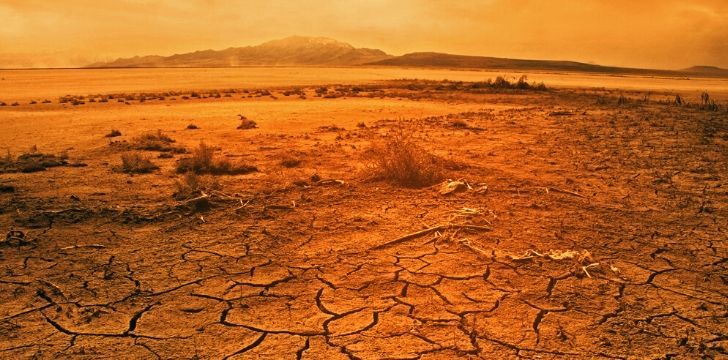
Back when climate change first began to be noticed and gained scientific relevance in 1970 it was theorized that its effects weren’t going to affect us much until a few centuries had passed.
As nice as it would be for this to be a reality, it couldn’t be further from the truth.
In the 40 years since it became a common point of discussion among scientists, it has already had some very real effects.
Sea levels have risen, causing increased flooding in at-risk areas. Global temperatures have also risen.
Records of these temperatures have been kept since 1880, and by 2018 the 9 hottest years to date were recorded between 2005 and 2018.
Ice in the Antarctic is growing, scientists are lying to us!
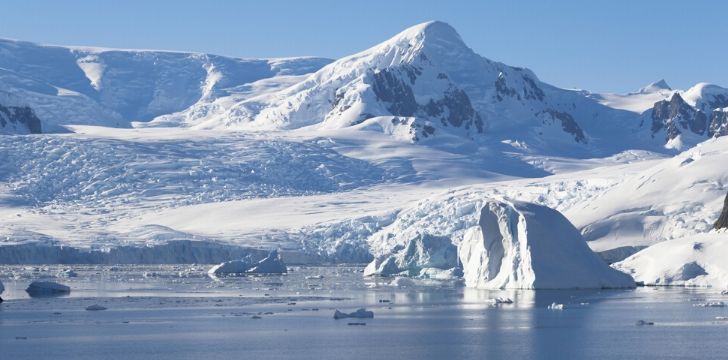
Unless you’ve been living under a rock, you’ve most likely heard the claim from climate change scientists that the ice caps are melting, and they’ll be the cause of mass flooding on a never-before-seen scale in the history of humanity.
This claim is true, of course, but skeptics will be quick to point out that ice in the Antarctic is actually growing, not shrinking.
The ice that they mention, though, is sea ice, not land ice. This is actually caused by the warming of the planet.
As the land ice melts, water runs off into the sea. This melted freshwater freezes faster than land ice, and as a result, the amount of sea ice is in fact growing.
As the ice melts, the oceans rise, and that’s no small issue!
China is the problem; they produce the most greenhouse gases.
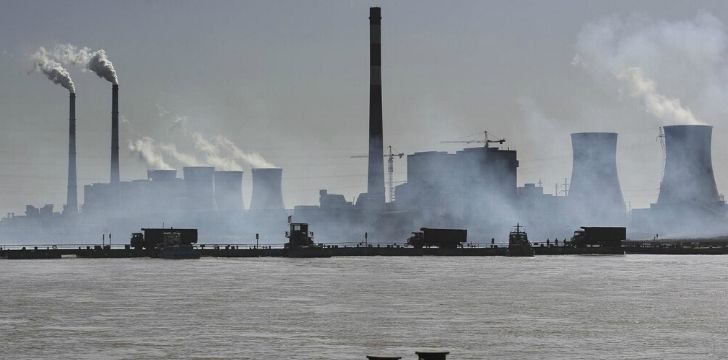
It has been reported that China is the leading producer of greenhouse gases worldwide, and as such many are quick to blame them solely for climate change.
While part of that may be true, China is also one of the leaders in the development and production of renewable energies and is one of the largest investors in renewable technologies.
Another thing to note is that although China produces the most greenhouse gas, the country also manufactures a vast amount of goods for the rest of the world.
China manufactures so many goods for exportation purposes that in 2015 they were producing about 20 percent of goods across the world, generating over $2 trillion USD annually.
Climate change won’t affect me anyway, so why bother?
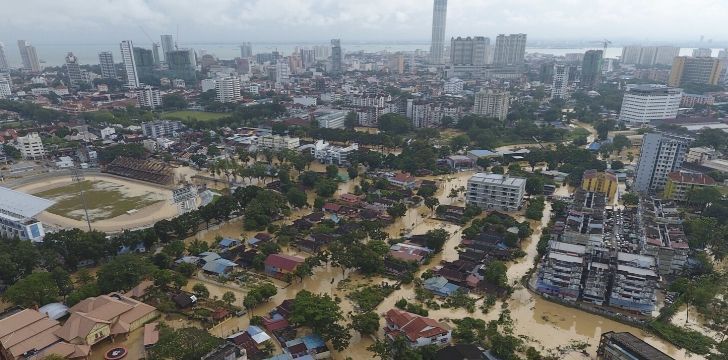
One of the most commonly held misconceptions among the US population is that climate change simply won’t affect them.
Out of the 70 percent of US citizens that believe that is real, 30 percent of them don’t actually think it will harm at all.
These people believe that it might affect other parts of the world and that animals will be affected, yet they’ll stay safe for many years to come.
Unfortunately for them, that’s just not the case at all. While global temperatures are rising, the weather will become fiercer.
Hurricanes, cyclones, floods, and all manner of natural disasters are becoming more and more intense, and occurring more regularly.
If that doesn’t scare you, then get this – it’s expected that by 2050 California could lose around 40 percent of its annual avocado production. Scary stuff!
Plants consume carbon dioxide, so they’ll solve the problem for us.
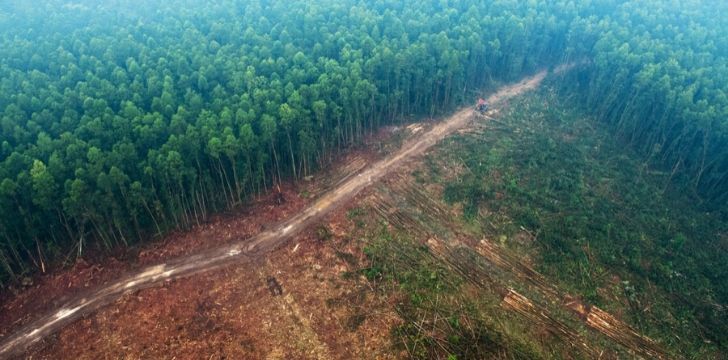
While it is true that plants need carbon dioxide to go through the process of photosynthesis, which creates the energy required for them to grow, they just don’t consume enough.
Unfortunately, plants can only use up so much of what we spit out into the atmosphere.
As we clear more and more trees annually for agricultural purposes, we decrease the amount of carbon dioxide which can be absorbed. This directly adds to climate change and carries some serious consequences.
Carbon dioxide in the atmosphere isn’t entirely a bad thing either, as it has helped keep the planet warm enough to sustain life on earth.
The issue is the sheer amount of the stuff that’s produced by humans, and there is so much now that it’s a little too late just to plant a few more trees.
Not all scientists agree on climate change.
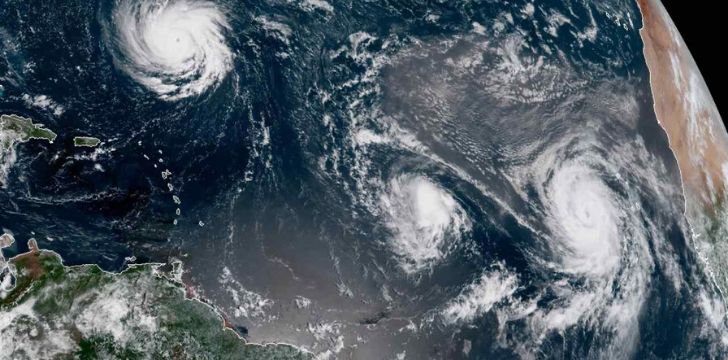
Okay, this may be technically correct, but it doesn’t mean anything at all. For all of the world’s scientists to believe in climate change, it would have to be 100% of them.
As per a study in 2010, only 1 percent of the scientists involved rejected the idea of climate change.
In 2013 an incredibly extensive study was undertaken which looked at all of the peer-reviewed scientific papers which had been published on the topic of climate change.
Of the 4,013 papers published, there were only 83% rejected claims of its reality.
On the other hand, the other 3,894 papers were in agreement, showing evidence of human-caused climate change.
Sunspots are the cause of climate change.
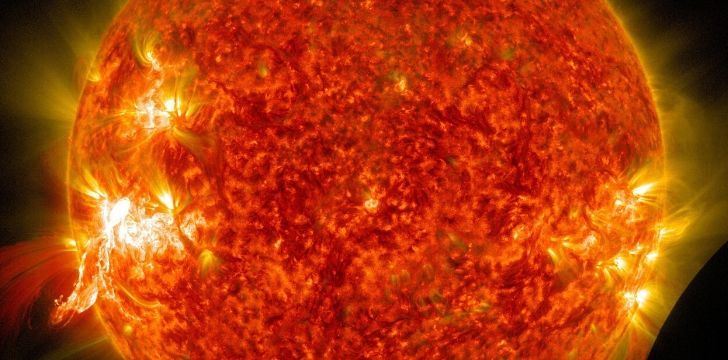
Storms on the surface of the sun which often are accompanied by solar flares and extreme bouts of magnetic activity are referred to as sunspots, in layman’s terms.
These storms can be incredibly severe, and while it is possible for them to have an impact on the Earth’s climate, they’re nothing new.
The amount of energy from the Sun that hits the earth has been recorded by scientists using satellite sensors since 1978.
This data has been analyzed and it has been found to have had no upward increase.
Consequentially, sunspots could not possibly be the cause of climate change.
Climate change can’t be stopped, it’s too late!
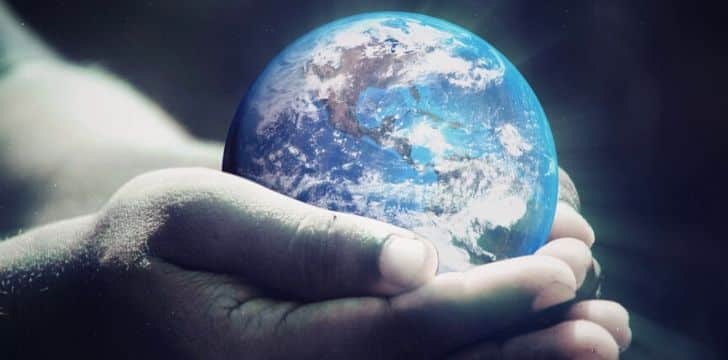
The worst myth of all about climate change is that we can’t do anything about it anyway. It’s real, it’s here, and it means business.
This single myth alone is the most crippling of all, as there is a large number of people educated on the topic and believe in the reality of it all, yet do nothing.
As the world becomes increasingly aware of the issues surrounding climate change, it’s incredibly important we begin taking action on a larger scale.
Climate change can be stopped. We can make a difference.
The longer we put it off, the worse it’s going to get before the issue starts to cool off again.
In Conclusion
Climate change is one of the greatest problems that the human race has ever encountered, and if we continue living the way we do it may just be our last.
That’s not to say that all is lost, though. With rapid, affirmative action by the world’s governments and its people, it is possible to stop it before it’s too late.
We can only hope that as more people wise up to the harsh reality, the sooner we can begin to rectify the damages and reverse the process.

